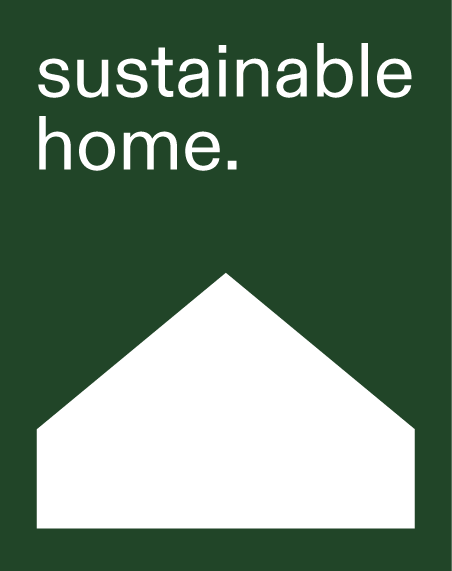Paul Owen and Steve Hunt of Brisbane based architectural firm Owen Architecture describe the story behind the Camp Hill Cottage renovation as one of ‘suburban familiarity.’ The 1946 home was part of a residential development, with an exotic-sounding combined identity of Queenslander, bungalow and Spanish mission design topologies. Despite these diverse design influences, the original home was a standard post war ‘small footprint and large backyard’ property, with only four power points (!) available in the 87sqm floorplan.
The owners loved the cottage and site, but it failed to deliver on liveability for their growing family. Paul and Steve explain the simple brief for the project as ‘an additional bedroom and bathroom – in addition to a few more powerpoints.’ The architects also reconsidered the programming of the home to increase the functionality of the communal spaces, and added a minor extension to increase the overall home and improve connection to the ample backyard.
The kitchen performs as the true heart of this home, as the architects describe ‘a large country style kitchen would allow for 10 or more people to gather and prepare dinner – younger adults working the stove, nannas sitting to chop.’ How idyllic! With this in mind, the new home encourages the cottage space to be a ‘dormitory and space for refuge’, while the new additions of the bathroom wing, kitchen and living spaces are of grander proportions, providing ‘utilitarian and communal function.’
The new plan extends the post-war cottage design, and offers a breezy new courtyard at the juncture of the new and old parts of the house. This move invites guests to arrive directly into the kitchen and living spaces, and be immediately welcomed into the home. And what a space to arrive into!
The architects describe how the project brief focused upon ‘bringing together family and friends for gatherings involving cooking, drinking and eating’. Owen Architecture has well and truly delivered on these objectives, giving this little cottage a new lease on life, for generations to come.









































